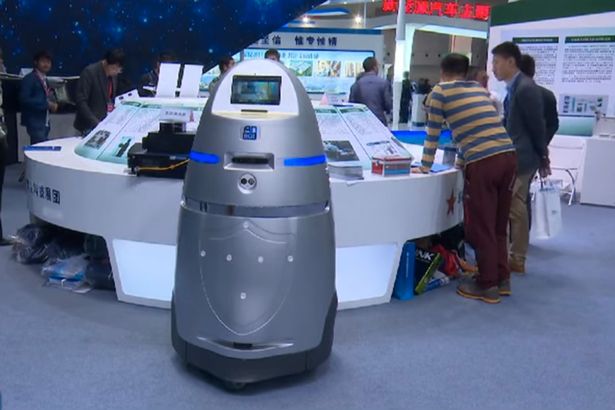Copper’s 14-day winning streak is the longest on record for at least 28 years
Copper has become the favorite commodities trade, a sign that investors believe economic-growth prospects are improving from China to the U.S.
Prices for copper have closed higher 14 days in a row, the metal’s longest winning streak on record for at least 28 years. That run lifted copper’s price by 22% to a 52-week high, after the front-month contract rose 3.7% Thursday to $2.5495 a pound.
Other base metals also have soared recently. Top performer zinc has risen more than 50% this year, and aluminum, lead and nickel all hit new 52-week highs this week.
The prices for industrial metals, the building blocks for infrastructure and other major construction, tend to move along with signs of rising or falling economic growth. Copper in particular is considered a gauge of economic health, with its applications in everything from air conditioners and electric wiring to iPhones.
China has been responsible for much of the rally, analysts say. The government’s new plan calls for additional spending on building and construction projects, and an official gauge of factory activity in China rose last month to its highest level in two years. The U.S. also posted signs of increased manufacturing activity in October.
Metals got another boost this week by the victory of Donald Trump, who has indicated plans to spend hundreds of billions of dollars on infrastructure. In his victory speech, the U.S. president-elect re-emphasized his plan for widespread construction. “We are going to fix our inner cities and rebuild our highways, bridges, tunnels, airports, schools, hospitals,” he said on Wednesday.
Fiona Boal, director at Fulcrum Asset Management in London, said Mr. Trump’s election as president is adding one more bullish factor to copper, “the trade du jour.”
The metal’s rally has carried over to the shares of metal miners and producers. U.S. Steel jumped 17% on Wednesday following the election result. The steel producer and major U.S. copper producer Freeport-McMoRan are both up six sessions in a row, gaining more than 27% and 23% for the month, respectively.
Still, the recent surge in metal prices has some investors concerned that the rally has been overdone.
“We are cognizant that a good deal of market expectation is already baked into the price,” said Peter Kocubinski, manager of the commodity investment team at J.P. Morgan Asset Management.










